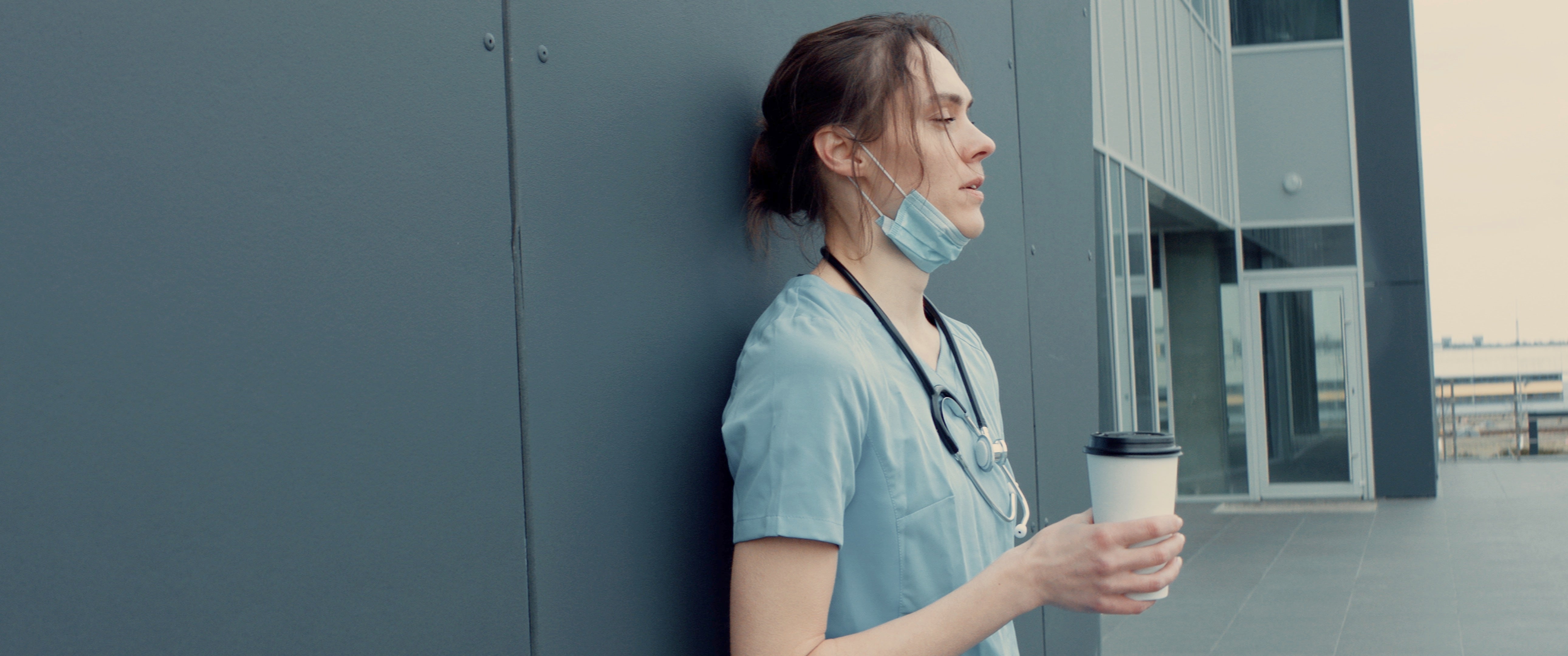
How to SURVIVE being a Nurse
According to a large survey conducted by Reuters, ⅓ of nurses plan on leaving the profession

Step 1- Become a nurse
About 6.5 to 7 years ago, I took my very last nursing final and passed the NCLEX. At that point, I was still shocked that I had survived nursing school. I honestly thought the worst part was over until I accepted my first job in an ER. I seriously thought I learned an extraordinary amount in nursing school but I still needed to learn so much just to survive the cutthroat ER. Patients were often hostile and employees were burned out and abrasive. I was constantly being yelled at, was physically attacked on numerous occasions, even had a needle stick and was required to complete PREP as a precaution. I felt like I was stuck in an abusive relationship as a nurse and didn’t know how to get out. It was a hard environment for me to learn and thrive in. At that point, I wondered if $24 an hour was worth being a nurse (yeah I know back then that seemed like a lot to me). Many new grads feel like they have made a huge mistake by this point. I know I certainly did too. According to the American Nurses Association, nearly 18% of new grad nurses quite nursing in the first year. This statistic is one of the reasons why our profession is dying. Who is to blame?
Step 2- Stay Positive & Do your absolute best with what you have each shift.
You clock in and clock out most nursing jobs unless you are in management or do case management. Before every shift, I remind myself that I am going to give it my all. Sounds easy, right? It’s easy until you walk into work and it is a pure dumpster fire. It takes practice and a positive attitude. No, I’m not perfect and yes, I’ve definitely had my moments. The trick is taking a minute to think rationally and logically before you react emotionally. Truthfully, this is the best advice I can give to any nurse. Thinking and reacting logically and rationally is so much better than reacting emotionally. This also greatly decreases mistakes and errors and helps to keep a more positive work environment. No one likes working with a person who freaks out and takes their emotions out on others. This is what creates a toxic work environment. You don’t have to make friends but you should practice professionalism. Does this mean you can’t decompress after a terrible shift? Nope, decompression is vital! How do you decompress after work?
Step 3- Self Care
Many nurses are type A and can even be workaholics. I have learned after a few years that I NEED a work-life balance and that has always been my biggest struggle until now. What changed? I was working in different roles as a hospice nurse for years and was really struggling with burnout from time to time for many reasons. I worked so many hours and felt like I had no work-life balance. Changing roles did help. I didn’t get any relief until I left hospice and had much time to reflect. I am a yes person and will move mountains to get things done at work. I don’t like leaving things to wait and would often work well past my shifts to make sure things were done. This left me too exhausted to enjoy life outside of work and I knew something needed to change. I started putting limits on my work. I would stop at 5 pm for family time. If there was still a lot of work, I got up early the next day and continued. On occasion, I would work late if I needed to finish something very time sensitive. This was not quite self-care but was a good first step. I’ll be completely honest, I still struggle with this. I love the time I get to spend with my family but I am not sure I mastered taking time for myself.
Step 4- Change the World #nursessupportingnurses
Ok maybe we can’t necessarily change the world but we can change nursing and impact healthcare. How on earth do we do this? Well, it honestly starts with the above steps and ends with BIG change to the nursing culture. This change starts with you and how you treat yourself and others in your career. Nursing has been the most trusted profession for 21 years in a row according to NurseJournal.org. If we are so trustworthy, why do nurses treat other nurses so terribly? Why do we “eat our young”? Some say it's because our employers treat us terribly while others say it's because our nursing instructors made our lives hell. Regardless of the reason, THIS NEEDS TO CHANGE. According to a large survey conducted by Reuters, ⅓ of nurses plan on leaving the profession. This of course has to do with many reasons, but largely has to do with unsafe staffing and poor working conditions. So how do we change this? One, we can improve our working conditions by refusing to work in unsafe conditions and not tolerating poor treatment. I don’t care how much a place is paying, you cannot pay me enough to be bullied by management or other staff. How we treat each other is incredibly important to not only our mental health but the health of nursing as a profession. Nursing has become incredibly toxic and it won't change until we stand up and fight against it. Start by being kind to each other and learn how to work as a team. Better yourself by taking professional training in leadership or interpersonal skills. This will help you in any job in nursing and may even impact your personal life in how you treat others and allow others to treat you.
Questions/concerns? Comment below or send an email to nurse_brittany@nursecheats.com
I would love to hear from you!
Don't forget to make #nurselife easier with our popular badge buddies and cheat sheets! --------> nursecheats.comWRITTEN BY—--> Brittany McClain




1 comment
It’s incredibly tough to face the reality of working in an environment like that, especially after the challenges of nursing school. The burnout and hostility you describe are unfortunately all too common in many healthcare settings. The stress and difficulties faced by new nurses, especially in high-pressure environments like the ER, contribute to high turnover rates. Addressing these issues requires systemic change—better support for new nurses, improved work environments, and more sustainable staffing practices. The profession’s challenges are complex, but they shouldn’t deter passionate individuals from continuing to contribute to healthcare.
Charlene
Leave a comment
This site is protected by hCaptcha and the hCaptcha Privacy Policy and Terms of Service apply.